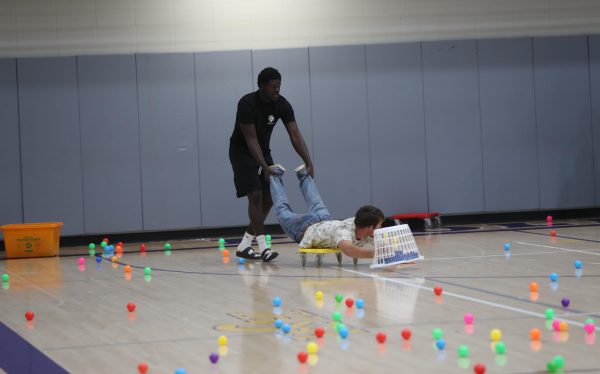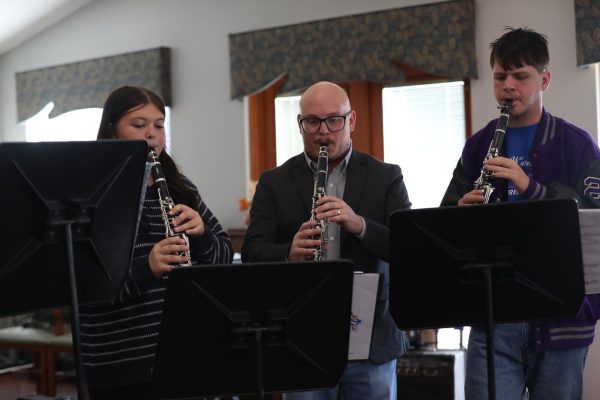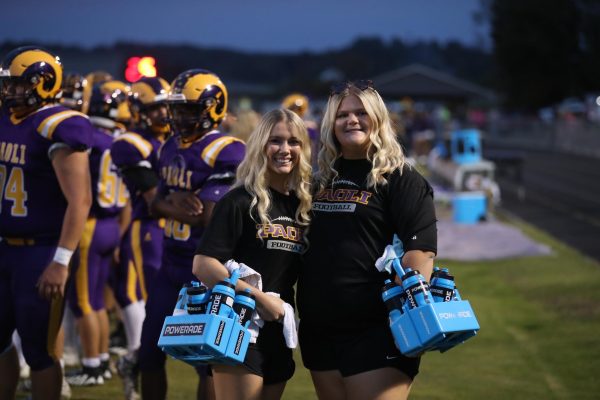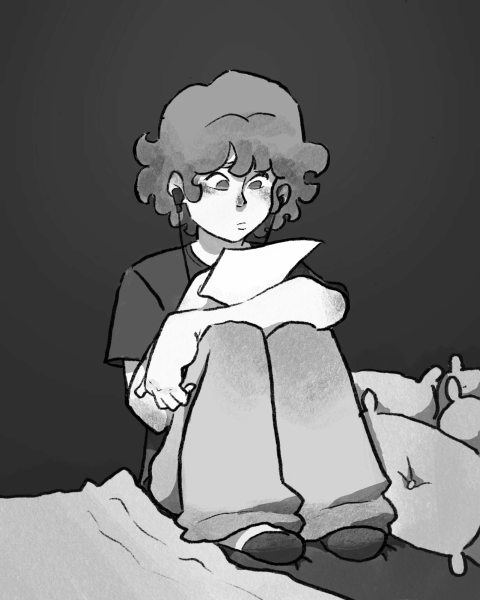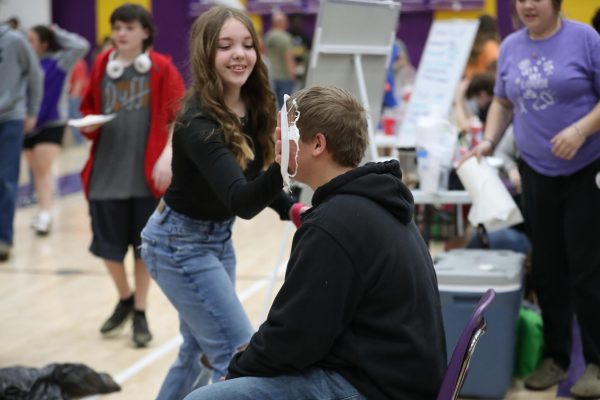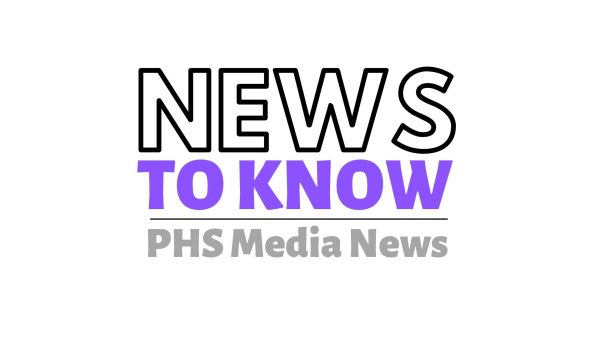Proposed Bills Hit Close to Home
Staff Concerns Over Issues of Censorship, Bullying
In February, the Indiana State Teacher’s Association sent out a list of 15 different House and Senate Bills which the association felt could have an impact on schools. We chose three bills with the potential to make a big difference at PHS, whether the difference would be positive or negative is up for debate. The bills that stood out to us are Senate Bill 12 Criminal Liability for School Librarians, House Bill 1608 Sexual Orientation & Gender Identity Instruction and House Bill 1483 Prohibiting Bullying.
We provided our media staff with the original summaries of each bill and asked for feedback.
The original Senate Bill 12 limits what libraries are able to have for the safety of students. This bill says school libraries are not allowed to have books that contain matters which are harmful or inappropriate for children. If a parent feels as though a book is harmful or inappropriate for their child, they are able to challenge the school library materials. If this bill is passed, schools will no longer be safe from prosecutions from concerned parents.
As far as Senate Bill 12 goes, the majority of our staff members oppose it. They feel as though it exaggerates the content in the materials schools provide and opens the gateway to censorship, or “banning” books. Our staff mentioned how the wording of “harmful and inappropriate” is vague and can be misconstrued in order to get books or lessons thrown out for containing sexuality, vulgarity, harsh language, queerness and other “sensitive” subjects. Our staff talked about how topics which make readers uncomfortable are often the ones that make for the best eye-opening, intellectual discussions. Taking those topics away would be a disservice to the learning process. Media members overall agreed school is not meant to be a place where minds are sheltered, but where minds are expanded. Many staff members think this bill has no place in high school, but may have some benefits for elementary libraries.
In the same vein, the original House Bill 1608 discusses the idea of banning a school employee, or a third party school vendor, from providing any instruction to a student in K-3 on human sexuality. This means that no discussion or guidance shall be included in school. Another aspect of the bill is that a school employee or staff member may only use a name, pronoun, title or other word to identify a student if it aligns with their biological sex at birth unless there is a written request from a parent or they are emancipated. This bill, if passed, will require teachers to alert parents if their student mentions their non-conforming gender identity or sexuality at school.
Our staff members have varying opinions on this bill. Many feel as though this bill strips away the rights of a student who comes to a teacher for guidance and help — this bill will eliminate the confidentiality at school, and more importantly the trust between teacher and student. They also think these policies could be very dangerous for students who are openly queer at school, but not at home due to a lack of acceptance. In a rural town like Paoli, our media staff fears this bill could increase bullying at school or even abuse at home. Some students due, however, believe that sexuality does not need to be discussed with younger students as is prohibited by the bill.
The original House Bill 1483 requires school corporations to prioritize the safety of a victim of bullying. It will require school corporations to notify the parents of the victim within three business days of an instance of bullying, and the parents of the alleged perpetrator within five business days. The vast majority of staff members think HB 1483 is a great idea. They believe it would further increase the anti-bullying messages schools have been trying to send. Students think this bill will just create another reason for students not to bully, which is the goal. We feel this bill could be beneficial for PHS, as long as people do not abuse it. When students start to falsely report bullying incidents is when our staff believes issues will start.
Although the media staff is passionate about these bills, most of them have no idea how to go about how to take action in regards to them because of how removed lawmaking often seems.
A bill, after drafting and sponsoring, is presented to the House of Representatives where it is passed on to a committee for revision. A vote is taken and if the majority is in favor of passing the bill, it will move along to the Senate where a majority approval is also required. The bill is given to the President finally who can approve it to sign into law or veto it. If vetoed, the bill is then returned to the House and Senate and if they manage to get two-thirds majority to pass the bill, it will become law.
This complicated process seems like one the average citizen has no place in, but there are things students and staff can do to show their disapproval or approval. They can contact their representatives and senators, but also can sign petitions, protest and openly advocate for or against them
Thank you for supporting phsmedianews.com! Your donation helps to cover our annual web hosting fees.

My name is Carley Higgins. I play volleyball and basketball and also run track. I love spending time with my friends, especially when we go out to eat...

